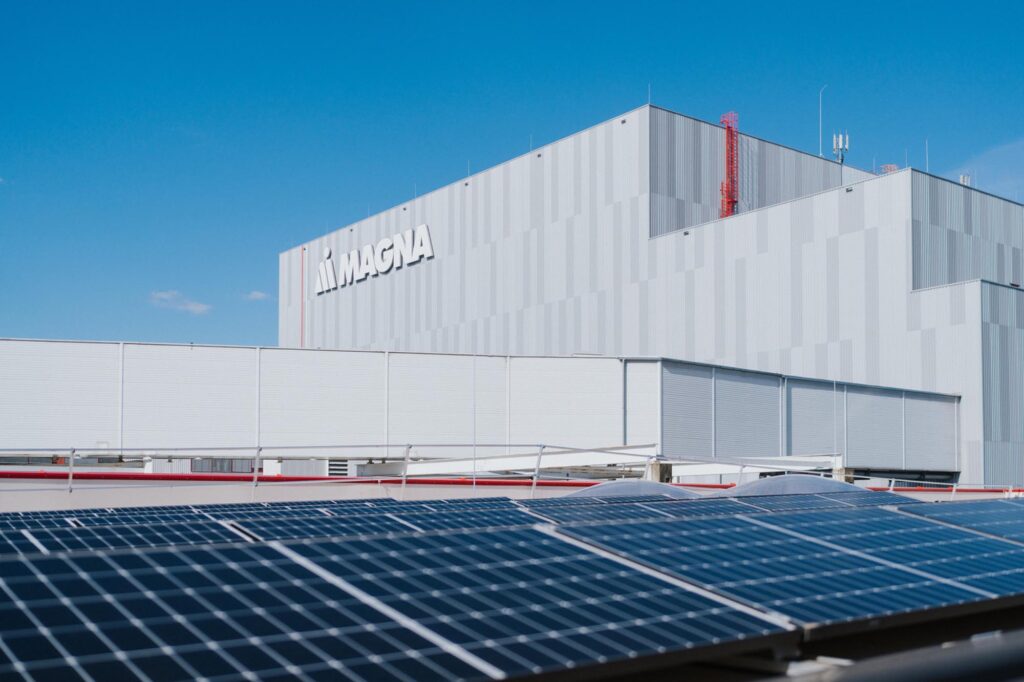Magna is taking a significant stride towards sustainability and environmental stewardship by formally submitting net-zero emissions targets for validation to the Science Based Targets initiative (SBTi). This initiative is widely recognized as the benchmark for decarbonization goals aligned with the Paris Climate Agreement. Magna’s overarching objective is to achieve net-zero emissions status by 2050 while also meeting immediate Scope 1, 2, and 3 targets by 2030.

“Magna’s mission to create a better world of mobility is underscored by our commitment to achieving net-zero emissions,” stated Magna CEO Swamy Kotagiri. “To attain this ambitious target, we are not only addressing emissions generated within our own facilities but also those originating from our entire supply chain. Simultaneously, we are supporting the industry’s transition to low-carbon mobility technology. By embracing sustainable practices, shifting to renewable energy sources, enhancing manufacturing efficiency, and collaborating with our customers, we aim to make a positive impact on the planet and future generations.”
Magna’s path to net-zero emissions entails various intermediate milestones. These include transitioning to 100% renewable electricity usage in the company’s European operations by 2025 and globally by 2030. Magna’s net-zero strategy includes a near-term commitment to reduce approximately 42% of the company’s scope 1 and 2 emissions, and approximately 25% of its scope 3 emissions, each by 2030. These near-term targets have also been submitted to the SBTi for validation concurrently with the net-zero goal.
To achieve their collective sustainability objectives, Magna and the broader mobility industry recognize the necessity for extensive collaboration among employees, suppliers, customers, consumers, and partners to drive scalability and reach.
“We understand that combating climate change requires collective effort, which is why we are collaborating with our customers and partners, including 10,000 supplier companies, to optimize our natural resources,” remarked Ahmed ElGanzouri, Global Director of Sustainability and Energy at Magna. “Beyond Magna, I observe a genuine cooperative spirit across the industry in identifying and addressing challenges together.”
Within its own operations, Magna has already made substantial progress towards its previously established sustainability objectives. In 2023, the company is on track to achieve its commitment to reducing global energy intensity by 10% in all manufacturing facilities, with a target of a 20% reduction in energy intensity by 2027. Furthermore, over the past two years, more than 30 Magna divisions have achieved carbon neutrality.